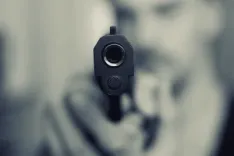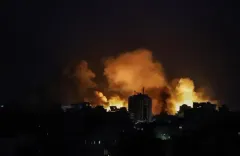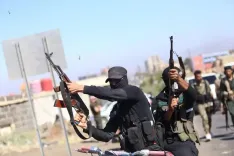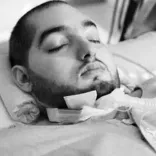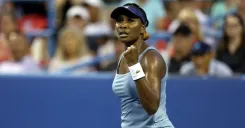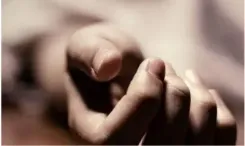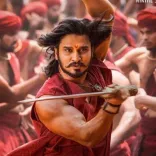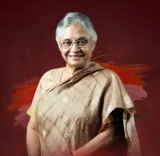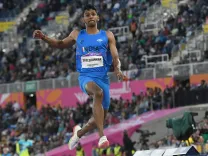Is the Congo-M23 Declaration in Doha a Turning Point for Peace?
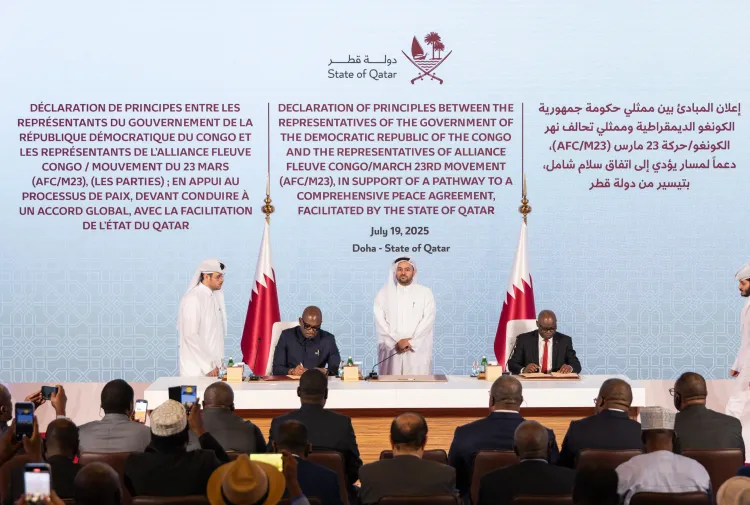
Synopsis
Key Takeaways
- The Doha declaration is a significant step towards peace in eastern DRC.
- It emphasizes dialogue and negotiation as means to resolve conflicts.
- International support is crucial for the success of the peace process.
- Commitments to protect civilians are outlined in the declaration.
- Persistent regional tensions underscore the challenges ahead.
Kinshasa, July 20 (NationPress) The principles declaration signed in Doha by the Democratic Republic of the Congo (DRC) alongside the March 23 Movement (M23) rebel faction has been widely celebrated as a significant stride towards ending the protracted conflict in eastern DRC.
This document, facilitated by Qatar after months of quiet negotiations, delineates a set of agreed principles to steer future discussions. Although it does not constitute a final peace agreement, the declaration is seen as a crucial milestone towards a comprehensive settlement, as reported by Xinhua.
During the signing ceremony, Mohammed bin Abdulaziz bin Saleh Al Khulaifi, Qatar's Minister of State for Foreign Affairs, emphasized that the declaration underscores the commitment of both parties to achieving a peaceful resolution. He stated that Qatar is dedicated to assisting the process aimed at fostering peace, development, and stability for the people of the DRC.
The declaration includes a mutual agreement to resolve conflicts through dialogue and negotiations, adhering to the existing peace framework endorsed by the East African Community (EAC), the Southern African Development Community (SADC), and the African Union (AU).
It also commits both parties to a lasting ceasefire and forbids any attempts to capture new territories by force.
Mahmoud Ali Youssouf, the chairperson of the AU Commission, hailed the declaration as a "major milestone" in the quest for enduring peace, security, and stability in eastern DRC and the broader Great Lakes region. He acknowledged the significant contributions from all parties involved, including regional facilitators from the EAC and SADC.
Robert Dussey, the Togo Foreign Minister, remarked that the declaration establishes a "foundation for productive negotiations leading to a permanent ceasefire with M23." With Togolese President Faure Gnassingbe appointed as the AU mediator in the DRC crisis, Dussey reiterated his nation's backing for the mediation initiatives.
The United Nations Stabilization Mission in the DRC (MONUSCO) expressed its support for the declaration, indicating that it "paves the way for sustainable peace, security, and the repatriation of displaced individuals and refugees."
Importantly, the declaration obligates both the DRC government and the M23 rebels to ensure the protection of civilian populations and facilitate ceasefire enforcement.
French President Emmanuel Macron applauded the declaration, attributing its success to Qatari mediation. "For the Congolese people and the Great Lakes region, this peace initiative reignites hope and trust," he stated, adding that France will persist in its support for peace in the area.
As part of this commitment, France plans to host a high-level summit on the Great Lakes region in September, aimed at enhancing international backing for regional stability and diplomatic engagement.
Maxime Prevot, the Belgian Foreign Minister, welcomed the declaration's signing and urged all parties to fully and faithfully implement their commitments towards achieving a thorough peace agreement. He called for stakeholders to act "in good faith" and diligently fulfill the obligations established in the agreement.
However, Prevot's appeal comes amidst ongoing regional tensions, unresolved security issues, and strained diplomatic ties among key players in the Great Lakes area.
In early 2024, Rwanda unilaterally broke diplomatic relations with Belgium, citing what it perceived as Belgium's antagonistic stance towards Kigali in the regional conflict.
The DRC accuses Rwanda of supporting the M23 rebel faction, a claim that Kigali vehemently denies. Conversely, Rwanda accuses the Congolese military of collaborating with the Democratic Forces for the Liberation of Rwanda, a militia linked to the 1994 genocide perpetrators.
A fifth round of peace discussions between the DRC government and M23 recently commenced in Doha under Qatari mediation. Since late March 2025, numerous dialogue sessions have occurred. In April, Kinshasa and M23 declared a joint commitment to a ceasefire and a broader peace process, although on-ground progress remains minimal.
On Thursday, M23 cautioned of a potential resumption of hostilities, alleging that the DRC Armed Forces are amassing troops along various front lines, despite the ongoing negotiations in Doha.
According to the United Nations, over 27.8 million people in the DRC are grappling with food insecurity, with more than 7 million internally displaced, many of whom have been displaced multiple times.

